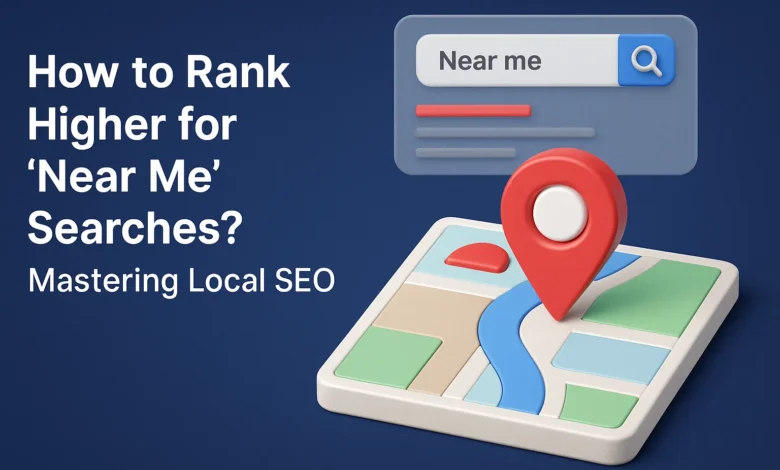
Many people now look for local businesses online. Almost eight out of ten people search for nearby shops or services every week. Most of these searches include the words “near me.”
According to Google, searches like “open now near me” have increased by over 400% in recent years. These keywords are powerful because they show that the person is ready to buy.
If you want your business to appear when someone searches “near me,” you need to use Local SEO. Let’s explore how you can do that step by step
Why “Near Me” Keywords Are Important?
“Near me” searches are a big part of local SEO. People use them when they are looking for something close to their current location, like “coffee shop near me” or “electrician near me.”
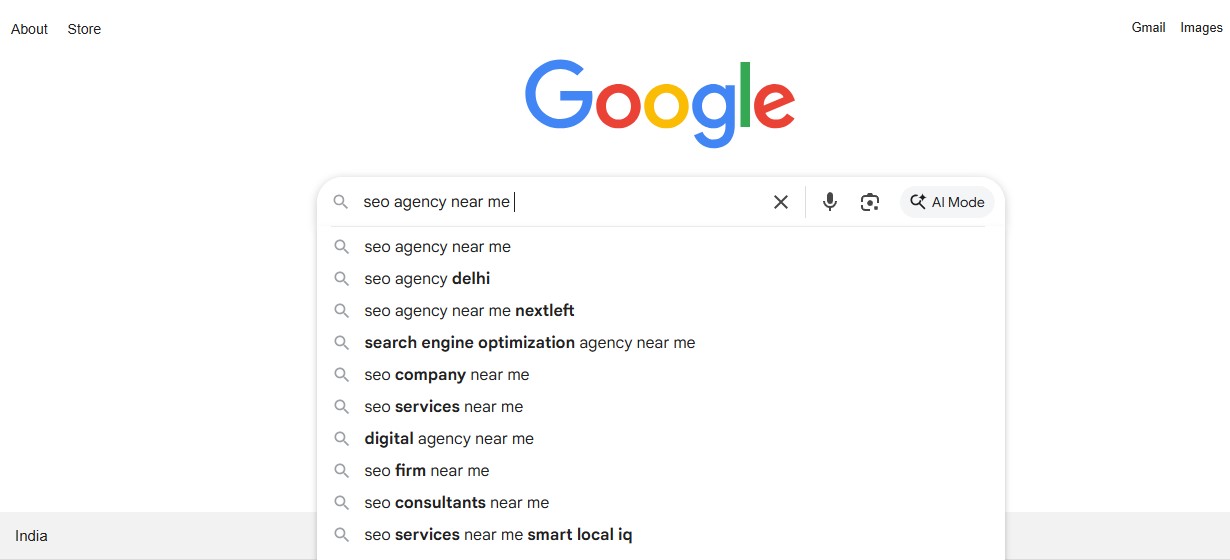
These searches often lead to real visits, calls, or sales. When people type “near me,” they are already close to making a decision.
Businesses That Benefit Most
If your business has a physical location or serves a local area, you should focus on “near me” SEO.
When your business appears in “near me” results, you connect with people who are ready to visit or make a purchase.
Below are a few examples:
- Restaurants and cafes
- Plumbers, electricians, and home repair services
- Hotels, motels, and resorts
- Car repair shops and gas stations
- Banks, insurance offices, and real estate agents
- Doctors, dentists, and other healthcare providers
- Retail shops and supermarkets
How Google Understands “Near Me” Searches?
Google no longer treats “near me” as just a keyword. Instead, it looks at proximity, how close the searcher is to your business.
So even if someone doesn’t type your city name, Google will still show nearby options. It does this using your location data, maps, and business information online.
To appear in these results, your local SEO setup needs to be strong and consistent.
Google’s Three Local Ranking Factors
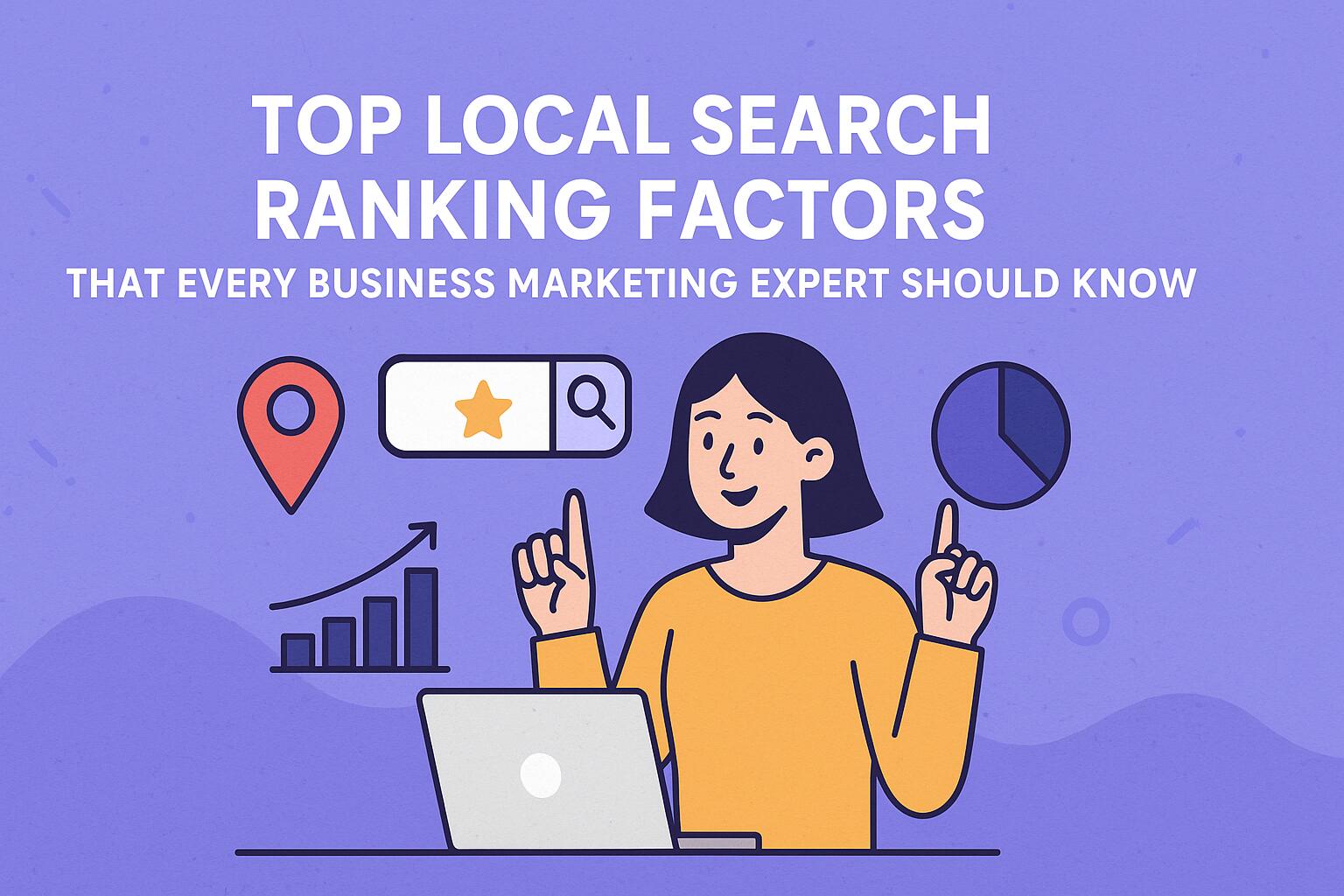
Google uses three key factors to decide which businesses show up first in local searches.
Relevance
- This means how well your business matches what someone is searching for. To improve this:
- Fill out your Google Business Profile completely.
- Use correct business categories.
- Add detailed descriptions of your products and services.
Distance
- This is how far your business is from the person searching. Google uses the person’s location to show the closest and most relevant results.
Prominence
- This is about how well-known your business is, both online and offline. To boost this:
- Get good online reviews.
- Add your business name, address, and phone number (NAP) everywhere online.
- Earn backlinks and mentions from other local websites.
Why “Near Me” SEO Matters for Your Business?
Google reported that searches for “shopping near me” on Google Maps grew by over 100% in one year. Local search is not slowing down.
People are also using voice search and AI tools like Alexa or Google Assistant. These voice searches are often conversational, such as “Where is the best pizza near me?”
When you optimize for “near me” SEO, you make it easier for voice search and mobile search to find you.
Local search brings high engagement and returns on investment. Studies show that local search has one of the highest click and conversion rates compared to other digital marketing methods.
The Role of Geotargeting and Geofencing
Businesses can now use location technology like geofencing to target specific areas.
This helps Google see that your business is active and relevant in that area, which improves your ranking.
For example:
- You can set up ads or messages that appear only to people in your city or neighborhood.
- You can create landing pages with location-based keywords such as “SEO Expert in Delhi” or “restaurant in Austin.”
Steps For Google Business Profile (GBP) Business Claim
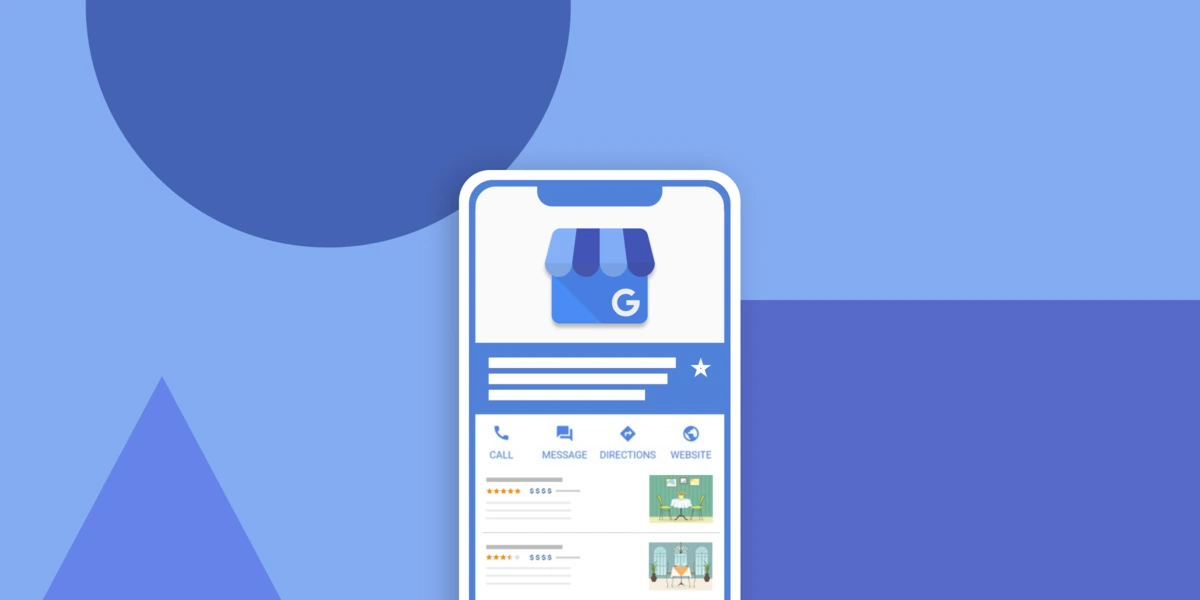
Step 1: Claim and Optimize Your Google Business Profile
Your Google Business Profile (GBP) is the foundation of your local SEO. It was previously known as Google My Business.
Most “near me” results come directly from Google Maps and Business Profiles. So, if your profile is not complete, you are missing out on traffic.
How to Set Up Your Google Business Profile?
- Go to Google Business Profile and claim your business.
- Fill out your name, address, phone number, and website.
- Choose the correct business categories.
- Add high-quality photos and videos of your store, products, or services.
- Include your working hours, services, and products.
Collect and Respond to Reviews
Encourage customers to leave reviews on Google. Positive reviews build trust and improve your ranking.
If you get a negative review, respond politely and show that you care about customer feedback. Google rewards active and engaged businesses.
Keep Your Profile Updated
- Regularly update your information and posts. You can use the “Posts” feature to share updates, events, or offers.
- You can also use UTM tracking links to see how many clicks come from your Google Business Profile.
Step 2: Refresh Your Website Content
Your website also plays a big role in “near me” SEO. Google connects your site content with your profile to decide how relevant you are.
Include Location-Based Keywords
Use long-tail keywords that include your service and area.
For example:
- “Best seo agency near me”
- “Affordable SMM in Delhi”
- “PPC company open now near me”
Place these keywords in:
- Page titles
- Meta descriptions
- Headings
- Image alt texts
- Blog posts
Create Local Pages
If you serve multiple cities, make a dedicated page for each one. Each page should include location-specific text, reviews, directions, and contact information.
For example:
- /seo-delhi
- /seo-noida
- /seo-gurugram
Add Local Landmarks
Mention nearby landmarks or neighborhoods on your website. For example, “Located near Central Park” or “Serving the Midtown area.” This helps Google confirm your location.
Step 3: Build Local Links and Citations
Backlinks from other local websites tell Google that your business is trusted and relevant.
Also, keep your NAP (Name, Address, Phone number) the same everywhere. This consistency helps Google trust your data.
You can build these by:
- Partnering with local blogs or newspapers.
- Joining your city’s business directories.
- Collaborating with local charities or events.
Step 4: Use User-Generated Content and Social Proof

Photos, reviews, and testimonials from your customers help build credibility.
Encourage customers to post pictures of your business and tag you. Share these photos on your social media and website.
Google notices this type of engagement and may rank you higher in local searches.
The Future of Local SEO and AI
AI tools now help Google understand user intent better. This means Google looks at more than just keywords, it also studies behavior and context.
To stay ahead:
- Use conversational language in your content.
- Add FAQs with natural questions like “Where can I find a bakery near me?”
- Keep testing and updating your keywords based on local trends.
Ending Words
“Near me” keywords are a powerful way to connect with people who are ready to buy.
Local SEO is not just about ranking high online. It is about bringing real people to your door. Start optimizing today and make your business easy to find when someone nearby searches for what you offer.
You can improve your local visibility and attract more visitors, calls, and customers.
By focusing on:
- A complete and optimized Google Business Profile
- Fresh, local website content
- Consistent business information
- Customer reviews and engagement
FAQS
What are “near me” keywords?
“Near me” keywords are search terms people use to find businesses close to their location, like “digital marketing agency near me” or “seo services near me.”
Why are “near me” searches important for local businesses?
They help businesses reach people who are ready to buy or visit. These searches usually lead to more calls, visits, and sales.
Which businesses should focus on “near me” SEO?
Any business with a physical location or local service area, like restaurants, retail stores, home services, hotels, healthcare providers, and car repair shops.
How does Google decide which businesses appear for “near me” searches?
Google looks at three things:
- Relevance: How well your business matches the search.
- Distance: How close your business is to the person searching.
- Prominence: How well-known your business is online and offline.
What is a Google Business Profile and why is it important?
A Google Business Profile is your business listing on Google. It shows your name, address, phone number, hours, photos, and reviews. It is crucial for appearing in local searches.
How can I optimize my website for “near me” searches?
Include location-based keywords, create pages for each city you serve, mention local landmarks, and post content that helps local customers find you.
Do online reviews affect “near me” rankings?
Yes. Positive reviews increase trust and help your business appear higher in local search results. Always respond to reviews politely.
What is NAP and why does it matter?
NAP stands for Name, Address, and Phone number. Keeping this information consistent on your website and directories helps Google trust your business.
Can mobile and voice search affect “near me” SEO?
Yes. Most “near me” searches happen on mobile devices. Voice searches like “Where is the best pizza near me?” are becoming more common, so conversational content is important.
How can I stay ahead in local SEO in the future?
Regularly update your Google Business Profile, use location-specific content on your website, encourage customer reviews, and focus on conversational and AI-friendly keywords.


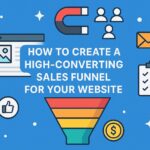

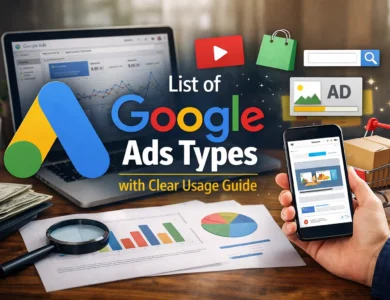

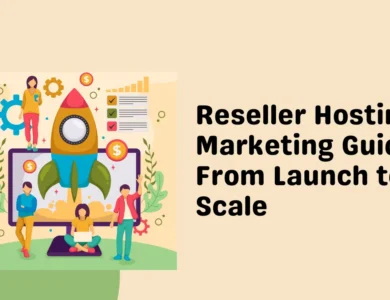

This is a helpful guide. Near me searches are becoming more important, and I like how you explained why they lead to real visits and sales. Filling out the Google Business Profile, keeping NAP details consistent, and adding local content on the website really make a big difference. Thanks for sharing these practical tips.